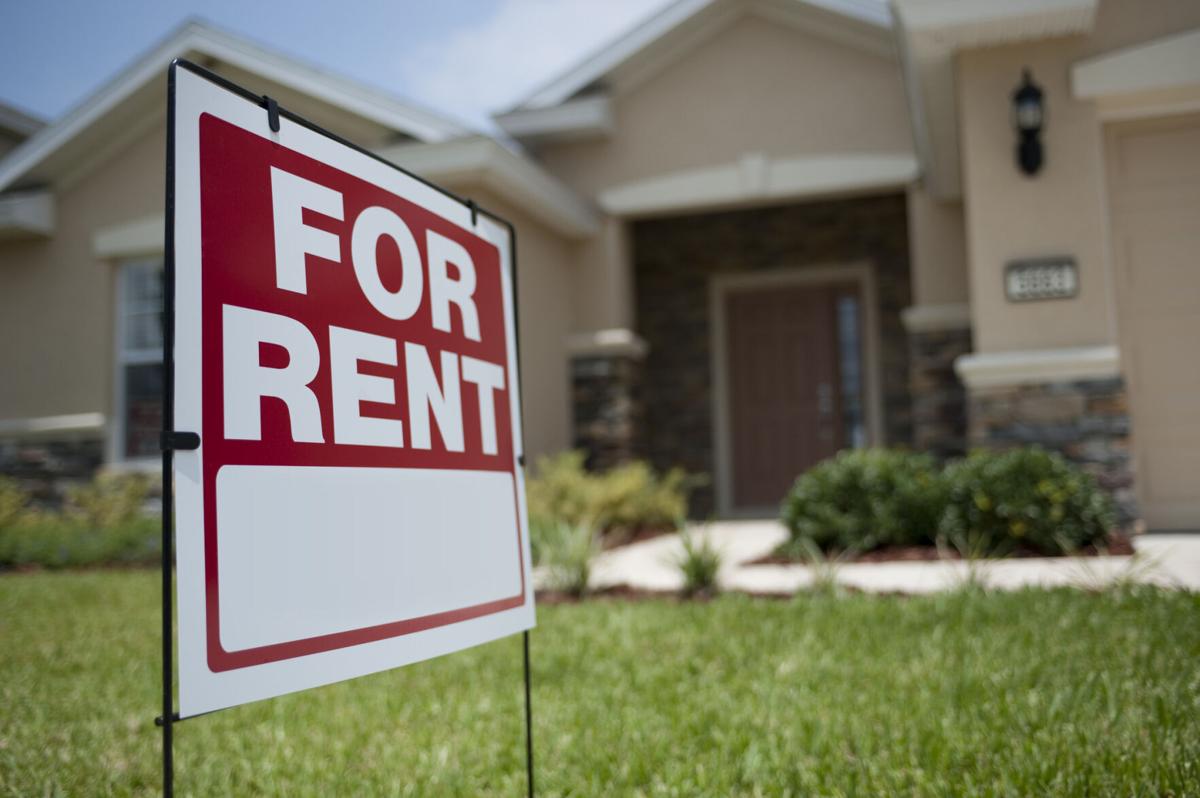Tenants in Arizona cities with rental taxes, including Sahuarita and South Tucson, will get small relief under a measure signed into law Tuesday. It won’t take effect until January 2025, however.
Gov. Katie Hobbs signed the legislation to eliminate the right of cities and towns to impose a local sales tax on residential rentals. While not all communities have such a tax — Tucson, Marana, Oro Valley and Phoenix, for example, do not — 75 of the 91 cities in the state do, at rates ranging from 1% to 4%.
They take in an estimated $230 million from that tax.
The move is an about-face for Democrat Hobbs, who in February vetoed a nearly identical measure.
At that time Hobbs said that lowering costs for families was “a priority of my administration.’’ But she said there was no “enforceable mechanism’’ to ensure that landlords, who remit the tax to cities and towns, would pass along the savings to their tenants.
Senate Majority Leader Mitzi Epstein, D-Tempe, said then that even if landlords no longer charged the tax, they would simply raise their rates knowing that’s what tenants are willing to pay.
Now Hobbs has had a change of heart.
“Gov. Hobbs was proud to sign a bill that lowered taxes for Arizonans while securing key changes to the legislation,’’ said her press aide Christian Slater.
The measure now include a provision that says if there’s a civil suit — presumably filed by an unhappy tenant — the burden is on the landlord to show that none of the rent being charged is attributable to the tax once it disappears.
The delayed start date for the relief is designed to give affected cities time to figure out how to deal with the lost revenues. Slater said it also provides a chance to see if the measure’s language can be tweaked to see if there is a more secure way to ensure savings are passed on to tenants by landlords.
Cities want reimbursement from state
The League of Arizona Cities and Towns opposes the measure, with its lobbyist Tom Savage saying the revised measure is no more acceptable to the cities. He said many communities rely on those revenues.
He also was upset that the governor’s decision to sign it got linked to the whole debate over Proposition 400 and extension of the Maricopa County half-cent sales tax for transportation projects. While Slater would not comment, Republican legislative leaders confirmed there was an understanding that if they approved allowing the tax extension to go to a public vote in a form acceptable to Hobbs, she would sign the bill they wanted repealing the rental tax.
For some communities, including rural ones, “trying to find some revenue replacement locally is going to be a stretch,” Savage said.
Alternatives include property taxes or hiking other local sales taxes. But Savage called those “unlikely,’’ meaning the only way to deal with the lost dollars would be by reducing services.
As for the delayed effective date, “in our estimation, it just delays the inevitable,’’ he said.
Savage said that leaves just one realistic option: a legislative bailout for cities and towns.
Lawmakers skeptical
Cities already get a share of state sales tax revenues. The league wants lawmakers to increase the share given to the 75 cities losing the authority to keep their rental taxes.
Savage said that’s only fair, as it was the Legislature and Hobbs taking away a source of revenues.
Slater, speaking for the governor, was noncommittal. He said only that Hobbs will work with lawmakers this coming year “to help cities address funding gaps to deliver the services their residents need.’’
Senate Majority Leader Sonny Borrelli, R-Lake Havasu City, said a bailout isn’t going to happen.
But House Majority Whip Teresa Martinez said it’s not a simple question. “I don’t know if the state has enough money to backfill,’’ she said. “We want to make sure that our communities and our cities are not in a pinch,’’ Martinez said. “But we also want to make sure that the (state) taxpayers can have some of their money back.’’
Martinez acknowledged the change in law affects her hometown of Casa Grande to the tune of about $1.5 million a year. But she said that can’t be the deciding factor.
House Speaker Ben Toma, R-Peoria, was cool to the idea of reimbursing cities.
“Governments always want to be held harmless from various economic impacts, including inflation,’’ he said. But he said the governments rarely recognize the impact of inflation on taxpayers, including in rising rents.
Toma, whose home city collects about $125 million a year in rental taxes, said cities already benefit from other policies enacted by the Legislature that have brought in more state-shared revenues overall.
Get your morning recap of today's local news and read the full stories here: http://tucne.ws/morning
Watch now: Tucson City Council discusses ways to make casitas more affordable during a one-year review of the secondary homes' implementation. Video courtesy of city of Tucson.





